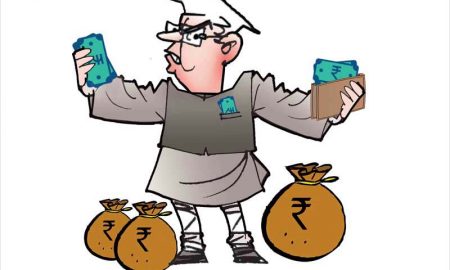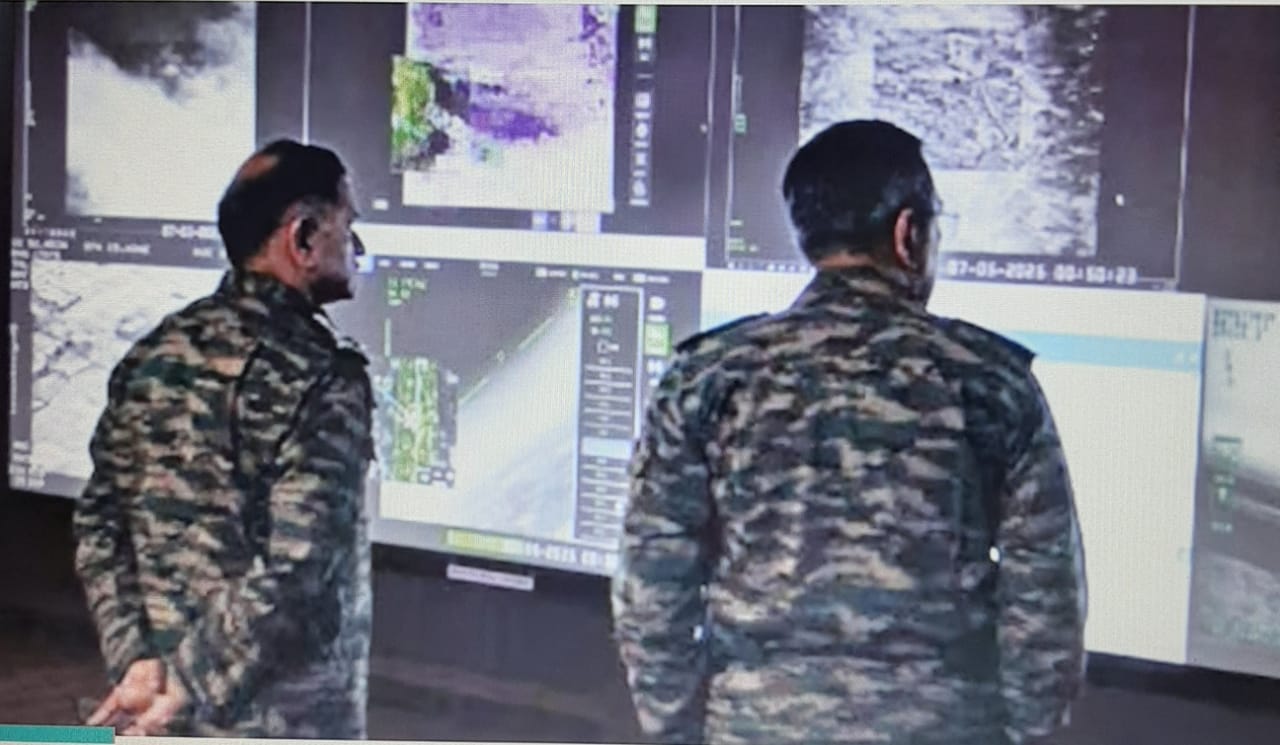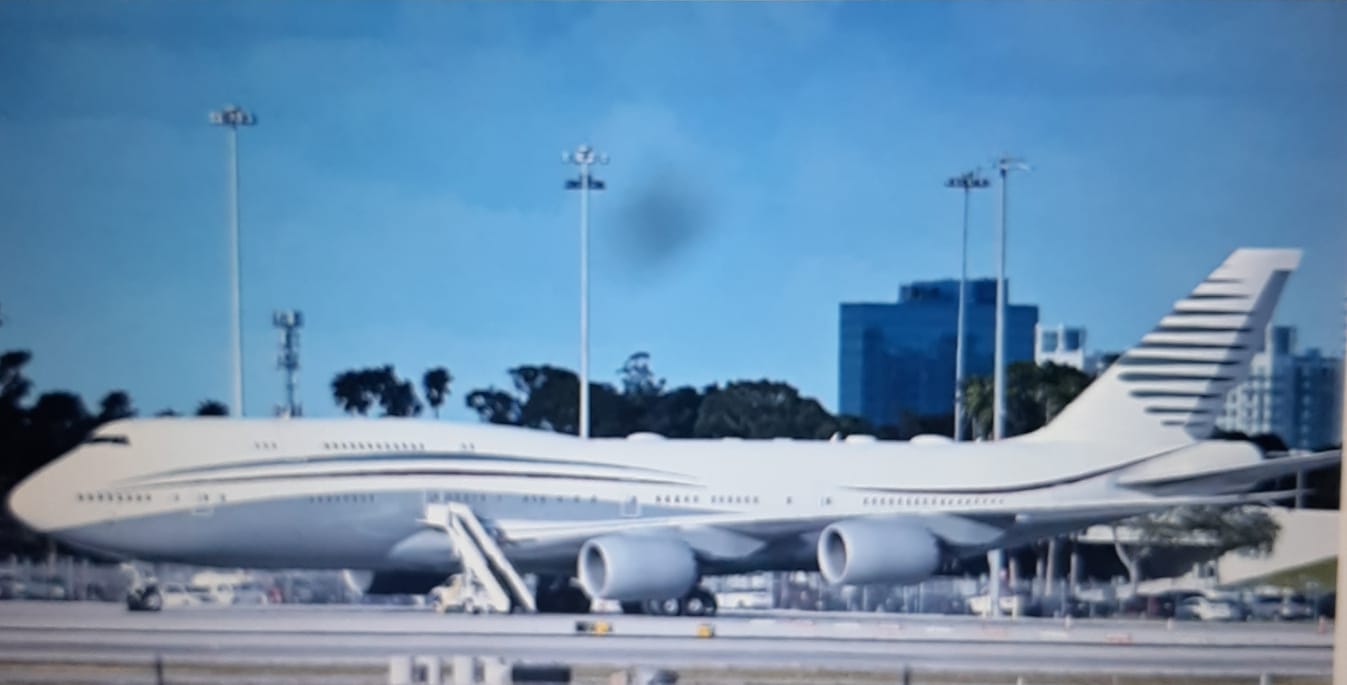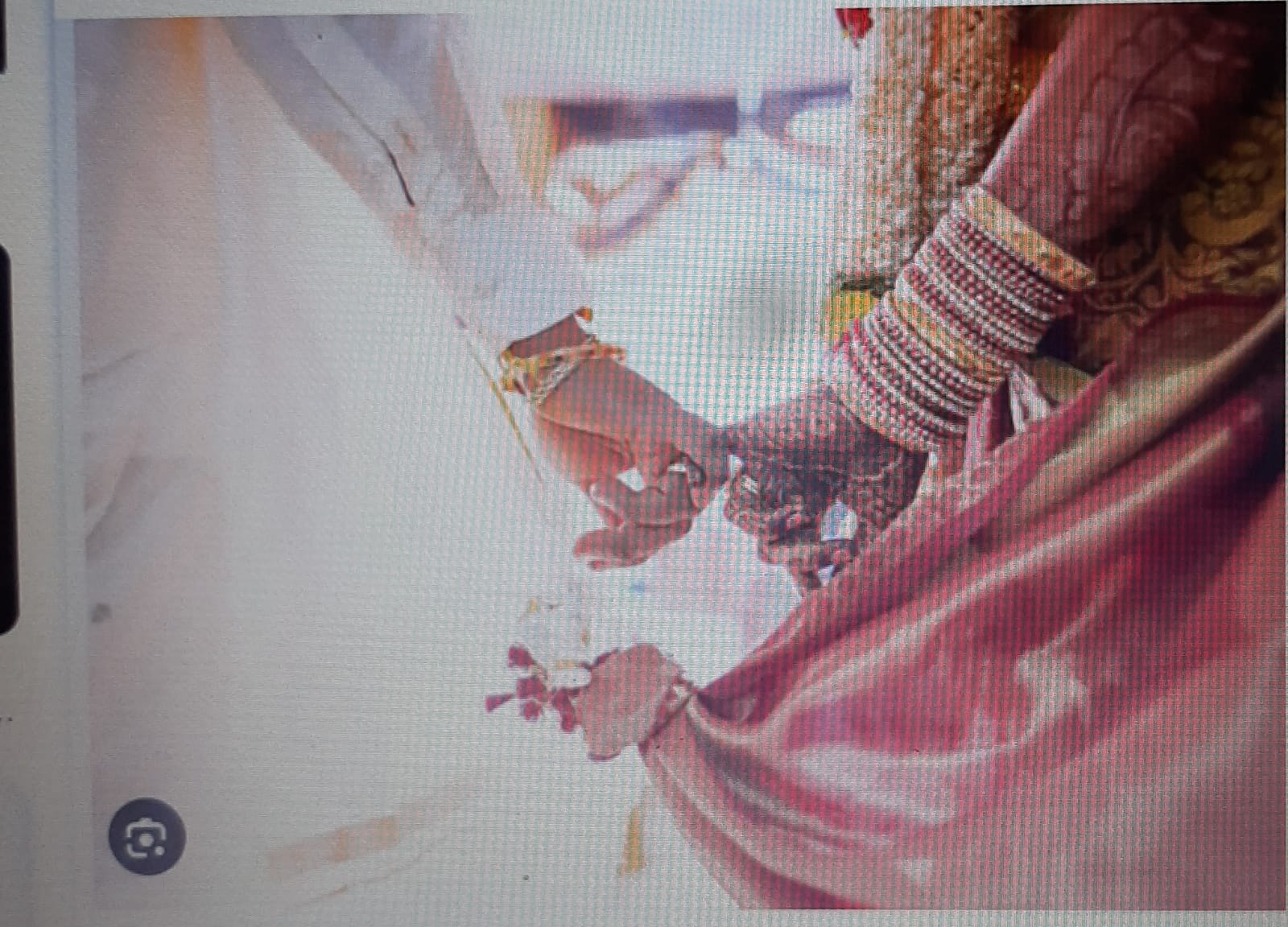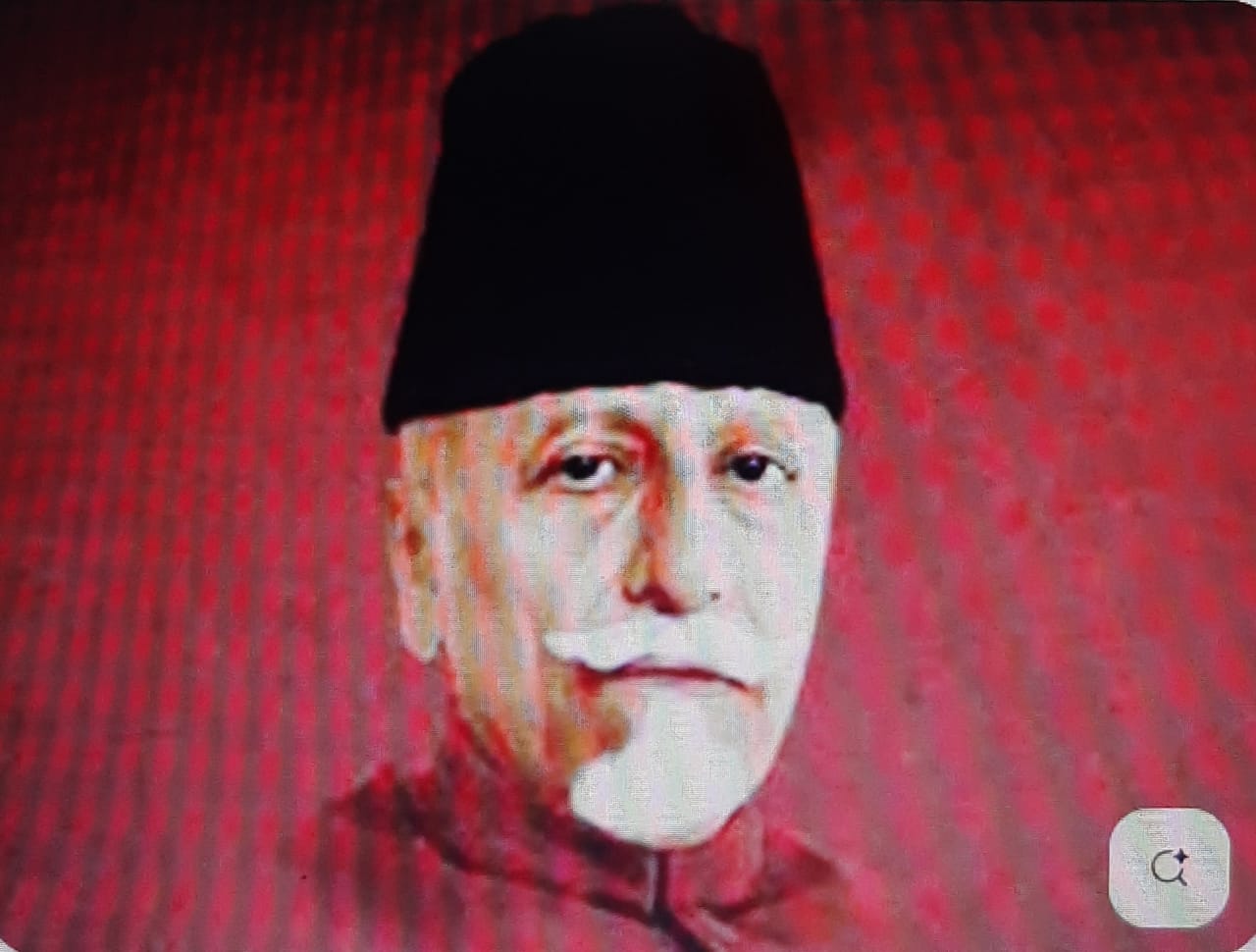
“It’s good for the country, good for them, good for us and good for the world. No preconditions. If they want to meet, I’ll meet,†US President Donald Trump said at a press briefing July 30. Only hours later, Secretary of State Mike Pompeo appeared on CNBC, where he set conditions for such talks, saying, “We’ve said this before. … If the Iranians demonstrate a commitment to make fundamental changes … then the president said he’s prepared to sit down and have the conversation with them.â€
In Iran, Trump’s offer was mostly received with either caution or doubt. Among the first to react was Hamid Aboutalebi, a top adviser to President Hassan Rouhani. “Respect for the Iranian nation, reducing hostilities and a US return to the nuclear deal could pave the existing bumpy road. … The nuclear deal was a fruit of commitment to dialogue [and this] has to be accepted,â€Â he posted on Twitter.
Late July 31, the commander of the Islamic Revolutionary Guard Corps (IRGC), Mohammad Ali Jafari, made clear his dismissal of the move in a public statement. “Mr. Trump! Iran is not North Korea to accept your offer for a meeting,†Jafari said. “You will take to the grave your wish that officials of the Islamic Republic of Iran will ask for a meeting with you or [for our officials] to obtain permission to meet with you from their nation. You will never see this day.” He added, “Even US presidents after you will not see that day.â€
Taking to Twitter, Foreign Minister Mohammad Javad Zarif showed defiance, without closing the door on the prospect of talks. “Iran & US had 2 yrs of talks … we produced a unique multilateral accord — the JCPOA [Joint Comprehensive Plan of Action]. It’s been working. US can only blame itself for pulling out & leaving the table.” He added, “Threats, sanctions & PR stunts won’t work. Try respect: for Iranians & for int’l commitments.”
On the newsstands, the Reformist daily Shargh covered the story with nearly no analysis, as if the paper was waiting to see what would happen after sunrise.
To deputy parliamentary speaker Ali Motahari, the timing of the offer was not appropriate “because under the current circumstances, it brings humiliation upon Iran,†he told reporters after a parliamentary session July 31.
“Given our bitter experience from talks with the United States and the repeated failures of US politicians to abide by their obligations, it is natural for us to see no value in Trump’s offer,†said Kamal Kharrazi, the chairman of Iran’s Strategic Council on Foreign Relations.
Trump’s new offer was analyzed by Fars News Agency, a semi-official news organization affiliated with the IRGC. A top story on the news agency’s website took a harsh stance, pointing out what it called contradictions in Trump’s positions and questioning his diplomacy because he left the JCPOA and because he is urging the entire world to pressure Iran. “Trump’s talk of unconditional negotiations with Iran comes after the US secretary of state earlier listed 12 demands, which could be seen as preconditions for the removal of US sanctions against Iran. … Thus what Trump is saying is basically a lie,â€Â the article stated, adding that “with his pullout from the JCPOA, Trump proved that he is absolutely untrustworthy.â€
Describing Trump as a “gambling businessman†who seeks to buy credit for his “bankrupt diplomacy†by pushing to engage Iran, Fars said, “If Trump believed in dialogue, he would have not left the deal which was produced after two years of negotiations. This is simple enough for everyone to understand.â€
The conservative Young Journalists Club called Trump’s unconditional proposal as one that “did not last more than two hours,†referring to Mike Pompeo’s CNBC interview and his preconditions for engagement with Iran.
Talk about a US-Iran dialogue has resurfaced in recent weeks in Iranian media. Speculations grew, especially after a trip made to Oman last month by Zarif, which seemed to hint at the idea that Muscat was to play a mediation role between Tehran and Washington.
In its July 31 issue, the Reformist Aftab Yazd published an interview with Seyyed Hossein Mousavian, a former nuclear negotiator, detailing the Trump administration’s earlier offers of talks with Iran and stating that French President Emmanuel Macron was to host such meetings.
Trump’s offer comes as voices for change in policy are also getting louder these days in Iran. Only a few hours before Trump’s remarks on July 30, a top pro-Rouhani official highlighted the economic pressure imposed on Iran. Mohsen Hashemi Rafsanjani, the chairman of the Tehran City Council and the son of the late heavyweight politician Akbar Hashemi Rafsanjani, raised the idea of the need for saving Iran.
“The pressure coming from sanctions as of next fall will further complicate the conditions for us. Saving Iran will depend on our hard decision, the likes of which our officials made 30 years ago and brought the Islamic Republic sustainable and useful peace with little costs,â€Â he tweeted. The decision made 30 years ago refers to Resolution 598 of the United Nations Security Council, which Iran accepted to end the 1980-88 war with Iraq.
The Reformist daily Arman quoted Mohsen Hashemi Rafsanjani as further saying, “We are facing a major threat from a triangle made up of the US, Israel and some Arab states. [Therefore], on the one hand we need to maintain our authority and unanimity absent the strangers, and on the other, we should move ahead based on realities, not ideals, slogans and emotions.â€
In the same article on Trump’s offer, Fars lashed out at Mohsen Hashemi Rafsanjani without naming him. “The Trump diplomacy comes at a time when some also in Iran have turned into supporters of dialogue [with the United States] and have even used the example of Resolution 598, urging Iran to make the hard decision.â€
Ali Akbar Nategh Nouri, a Rouhani ally who is a former parliamentary speaker and a member of Iran’s Expediency Council, said, “Tehran should not immediately reject Trump’s proposal or get overexcited.†He even proposed that the offer be discussed at the country’s Supreme National Security Council.
Another political figure who took a moderate stance and almost embraced Trump’s offer was Mostafa Tajzadeh, a Reformist activist and a former deputy interior minister under Reformist President Mohammad Khatami (1997-2005).
“If I was in Rouhani’s shoes, I’d have announced that despite mistrust in Trump … I am still ready to have talks with him for the sake of achieving sustainable peace on the sidelines of the UN General Assembly over a host of issues, especially the need for a change in the US’ destabilizing behavior in the Middle East and its past interference in Iran.â€
In the days to come, such comments are expected to receive a barrage of strongly worded responses from rival hard-liners at home, the ones who have for decades viewed talks with the “Great Satan” as a red line that must forever remain uncrossed. (Credit article: Al Monitor)



